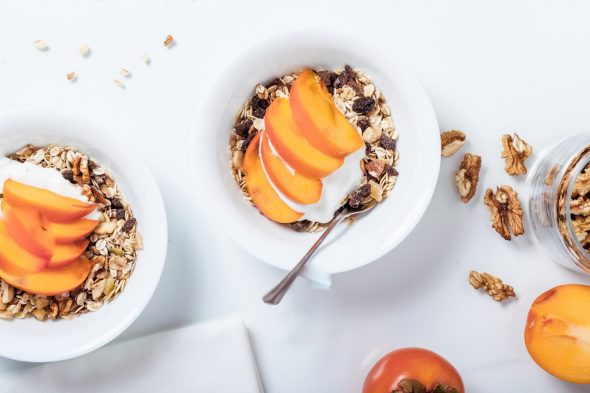After a Facelift, What’s the Best Way To Recover?

As people get older, they begin to get self-conscious about their appearance after a certain point. When wrinkles start to appear around the eyes, lips, and necklines, individuals may decide to get a facelift, with somewhere like 8 West Clinic, to regain their confidence and how they look. This is an entirely acceptable idea, as well as one that is growing in popularity. However, it is also important to note that people should pay particular attention to their diet afterward for the most efficient healing process.
Specifically after a facelift, there are several pieces of advice that you can follow to help the healing process and reduce scarring. First of all, make sure to stay on a stringent diet after your surgery. Secondly, use any supplements that your physician might recommend.
And lastly, avoid any foods that you react to. This includes foods that induce mild allergic reactions or anything that might be too spicy, too sugary, or too salty. Following those pieces of advice will help you to a much smoother recovery after an operation.
Get Your Diet Straight
When you are recovering from a facelift, you have to be very careful not to do anything that will affect the work that has been done. You need to make sure that you eat the right foods. You need to make sure that you don’t physically run into anything that might hurt your face or mess with the surgical areas. You need to make sure that you aren’t eating in a way that stretches parts of your face that could affect your recovery either.
Use Supplements
There are plenty of supplements to aid in the healing process. Especially when it comes to recovering from surgery, specific vitamins and minerals do a better job of helping the body heal naturally. Make sure that you get this information from your doctor rather from the Internet, but investing in some high-quality supplements can make a big difference in your recovery time.
A lot of supplements are ones that you take orally in pill or powder form, but there are also topical ointments that you can put on your face in addition to edible supplements that can improve your recovery time and lessen the scarring potential.
Avoid Reactive Foods
Nutritionally, your face is going to be more sensitive than usual to foods that might make you react. As an example, when some people eat tomatoes, they get red cheeks. If you have any mild allergies to anything like melon, you might want to avoid those foods while recovering from a facelift as well.
Even foods that you normally enjoy, but might have a reaction to for any reason at all, should be avoided because any complications that happen around the places where the surgeon did their work might create long-standing visible issues.
- Restaurant Germs: Improving Cleaning Practices For Commonly Contaminated Surfaces - April 15, 2024
- 11 Cancer-Fighting Foods to Reduce the Risk of Cancer - March 18, 2024
- Safety and Aesthetics: Tips for Landscaping Around Your Wellhead - February 20, 2024
